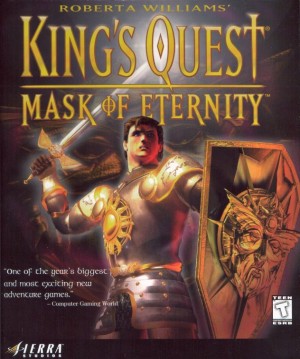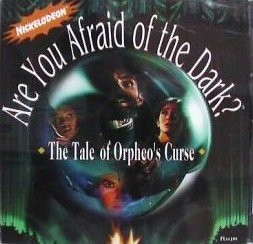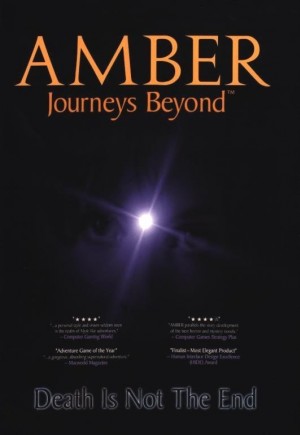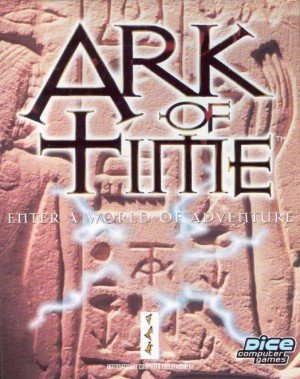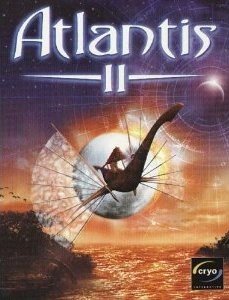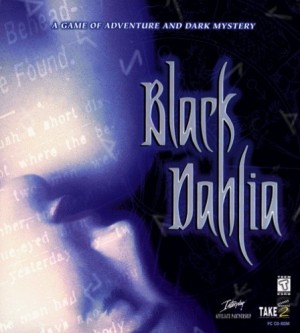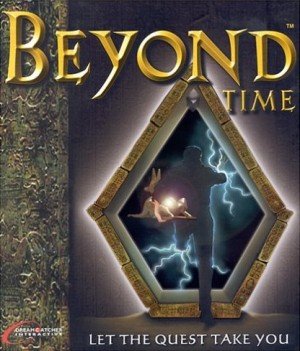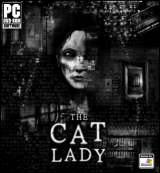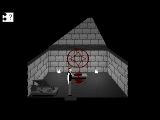Review for King’s Quest: Mask Of Eternity
Just when you thought it was safe to play another King’s Quest game, designer Roberta Williams decided to change everything with the series’ eighth, and perhaps final, installment. Featuring real-time combat, 3D graphics and a hero outside of the series’ famous royal family, King’s Quest: Mask of Eternity is a significant departure from the previous seven games.
When the global icon of truth and light—the fabled Mask of Eternity—is broken into several pieces and scattered across the world, a young man named Conner must embark on a dangerous quest to reunite the pieces and restore order to the land. Conner, it seems, is the only human in Daventry who hasn’t been turned to stone by the Mask’s spell, and the fate of the world rests on his shoulders.
The adventure soon sprawls well beyond the familiar kingdom to new lands and other dimensions. Conner must overcome countless tests of courage and ingenuity in his quest. In a sharp change in tone from past installments, he must also wield swords, axes, bows, and more to defeat hordes of dangerous monsters intent on stopping him.
Mask has all the makings of a truly great adventure, but unfortunately it also feels like a game caught between two genres, unable to fully succeed in either. Sierra promised a fully immersive world to explore, but Mask has surprisingly limited interactivity. Conner can take or manipulate only a small fraction of the things he encounters. Even more surprising is the limited number of objects that are accompanied by verbal descriptions (or at the very least, explanations as to why Conner won’t take them). It’s frustrating to try something only to have it fail without the game even acknowledging your efforts.
Mask’s graphics are a mixed bag, too. The option to toggle between third-person and first-person views is handy, and the landscapes are eerie and exciting. But the characters all look strangely blocky, and the graphics engine seems to fail frequently, allowing characters to walk through walls or lose and regain body parts at random intervals.
Another problem is the interface itself. Now that combat has found its way into the once light-hearted series, it is surprisingly difficult to control Conner as he hacks and slashes his way to victory. The controls are complicated and the options far too numerous—I sometimes felt like I could use a few extra hands to attack, defend, replenish my health, and change the camera angle all at the same time.
This is not to say that Mask is all bad. The story itself is interesting, as are the different lands Conner must travel to find and recover the missing pieces of the Mask. The puzzles are also nicely mixed between the cerebral and the physical. You’ll go from leaping across a wide chasm one moment to uncovering a secret passage the next. There is a good balance, and the puzzles become more plentiful and intriguing as the story progresses.
Unfortunately, this is offset by the fact that Conner himself is one of the least remarkable heroes in recent memory. He is stiff, boring, and frequently just plain irritating. Whereas the heroes of the previous King’s Quest games had interesting and often amusing personalities, Conner seems completely devoid of any personality at all. His lines are short, stilted bits of medieval-sounding English, and he lacks the innocent humor you might expect from a King’s Quest hero.
Mask of Eternity suffers most from what could have been its greatest strength. The game was a hybrid of the newer, real-time action-type games and the more traditional puzzle-solving adventure games of old. Putting the two together sounded good, and the idea is one that will hopefully be explored more successfully in the future. What happens with Mask, though, is that the game doesn’t quite succeed in being either a pure adventure or a pure actioner, so it fails trying to be both. The fights are complicated and boring, and while many of the puzzles are good, other important trademarks of a good graphic adventure—good conversations and a fully interactive environment, for example—are noticeably absent.
Mask is enjoyable despite its faults, but not as enjoyable as it could and should be. If Sierra some day decides to extend the King’s Quest series beyond this eighth installment, Mask will likely be remembered as the transition game from one phase to the next. It's a little rough, but you have the feeling that next time Sierra could build from it and deliver a much better game. If this is it for the series, though, it will likely be remembered as an unsuccessful effort to save an important icon of computer game history.




